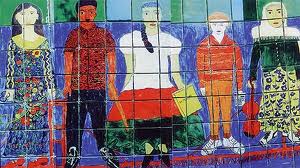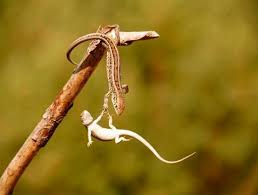 As part of the 30 Days of Love project, I’m using many of the prompts offered on the blog site for the posts here. This week focuses on family, among other things. Family and race and community, in general.
As part of the 30 Days of Love project, I’m using many of the prompts offered on the blog site for the posts here. This week focuses on family, among other things. Family and race and community, in general.
I have the privilege of being a white American. I mean that quite literally: in America, there are so many privileges to being white.I see myself wherever I go, and as someone who grew up NOT seeing myself, I understand how important that is. I can assume that my life is recognised by my culture as ‘normal.’ That is not the case for my friends who are single black mothers, for example. Stereotypes engulf them.
I’ve tried — hard — to be sure my two sons don’t take that privilege for granted. I don’t believe they do. Early on, both commented on inequities they saw in their own lives, and how different things were for them compared to non-white friends.
I also examine my own privileges as often as I can, and try — also hard — to undo those advantages where possible, and to never assume my non-white friends access the same advantages.
My beloved daughter-in-law is not white, and this has underlined my previous recognition of how unequal so many of our cultural systems are. A close cousin’s son-in-law and daughter-in-law also aren’t white, and she & I have had conversations on our worries for these dear family members. Because despite what many (white) Americans think, race is still a HUGE issue in America.
So what to do? I wish I knew. I believe, as a Buddhist, that our own actions — our own hearts — are the best starting places. But I wonder, sometimes, if that’s a cop-out, as well. If I should be more active in city politics, in a church, in other organisations. Perhaps trying to change education is too long a project, and maybe we lose too many hearts and LIVES while trying. How do each of us — in our own lives — build more inclusive, more equitable communities?
I don’t know the answers to these questions. I wish I did. Any ideas?

